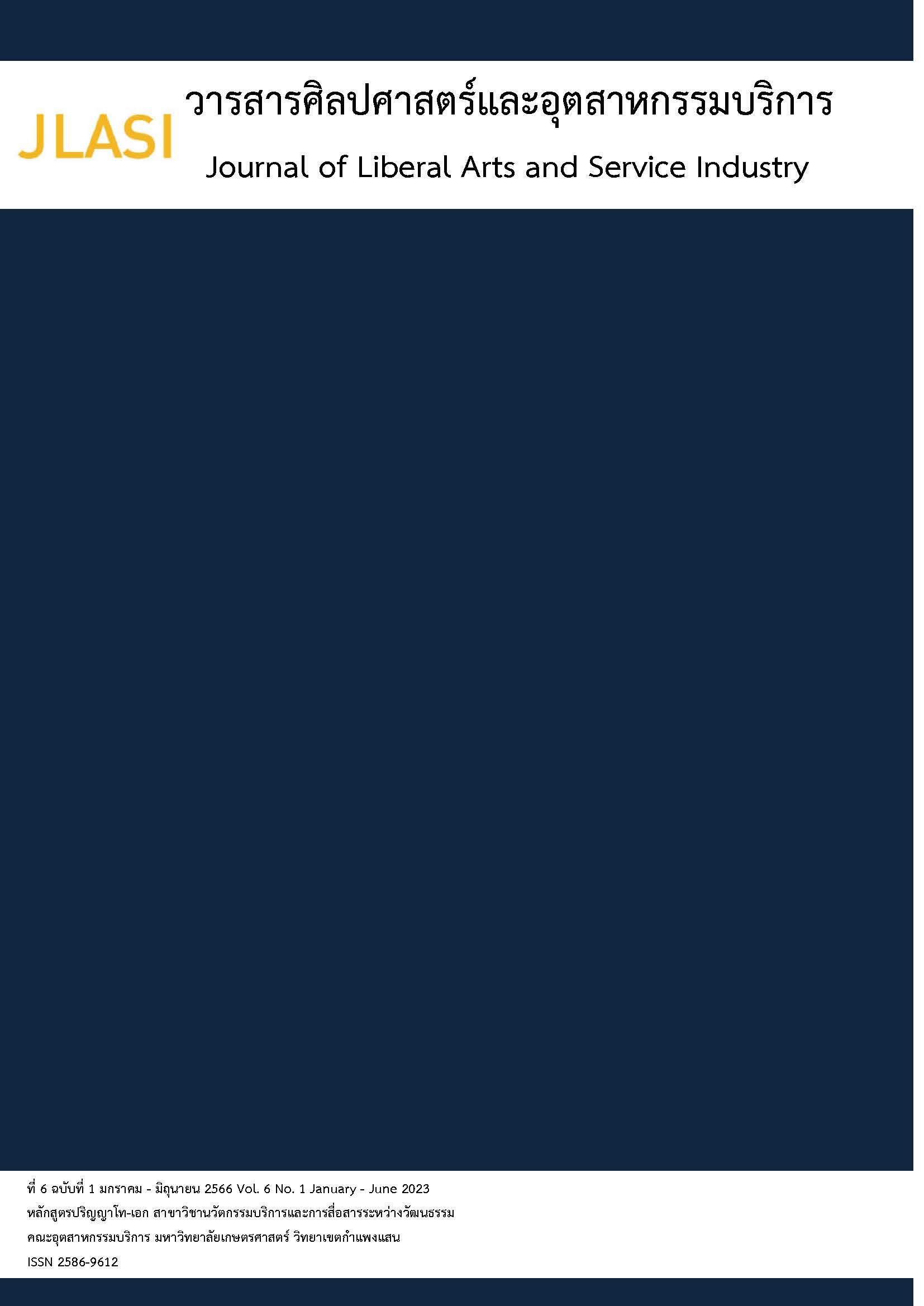The customer engagement construct in hospitality and tourism context : A systematic literature review
คำสำคัญ:
customer engagement, systematic review, tourism, hospitalityบทคัดย่อ
Marketing is both Arts and Science, which deals regularly with pursuing new customers. These customers have constantly been maintained as long as possible in long-term relationships. As per Customer Engagement, the degree of relationships has gradually developed, profoundly concerned with, Emotional Attachment, trust in brand, organization and loyalty. Consequently, these customers would have been enthusiastic at products’ consummings, as long as they could be, along with the willingness to persuade any other individual to become as customers. The customer engagement construct has been widely approached in the marketing literature since 2006. Scholars in hospitality and tourism have constantly perceived the importance of this construct and intentionally offered both a conceptual framework and measurement scale to capture this phenomenon. However, until now, there has been no consensus on a large number of issues, including conceptualization and dimensionality. Moreover, this concept is such a new idea in hospitality and tourism. Hence, the direction for future researches and what had been done in the past are indispensable for researchers since it helps reduce research fragmentations and also facilitates researchers to better understand the past, present, and future state of this concept. The purpose of this study is to use the existing works in hospitality and tourism literature with the systematic literature review to reveal facts and present future researches. SCOPUS and ISI have been employed as the primary databases to search and identify the relevant articles. A total of 19 out of 590 documents was identified and selected to analyze, based on types of research, country, and journal. Furthermore, the issues of theoretical background, conceptual framework, conceptualization, dimensionality, statistical analysis, key contributors are summarized, respectively. Eventually, this study addresses the scope of potential future research in the realm of hospitality and tourism.






